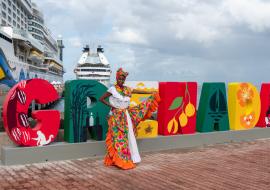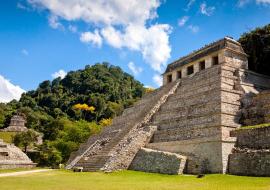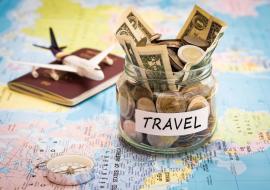Cost Trumps Sustainability in Travel Decisions, Says WTTC Report

The World Travel & Tourism Council (WTTC) has unveiled a new report highlighting the gap between travelers' sustainability concerns and their actual purchasing decisions.
Launched at FITUR 2025 in Madrid, Bridging the Say-Do Gap: How to Create an Effective Sustainability Strategy by Knowing Your Customers—developed with knowledge partner YouGov—analyzes how businesses can make sustainable travel more appealing and accessible.
The study, based on a survey of over 10,000 respondents, categorizes travelers into six consumer segments, from eco-conscious “Hopeful Worriers” to disengaged “Climate Change Agnostics.” While sustainability is a growing topic of interest, cost and quality continue to dominate decision-making, with over 50% of travelers prioritizing price and around 30% focusing on quality. In contrast, sustainability influences purchasing choices for only 7% to 11% of respondents, even among the most environmentally aware groups.
WTTC’s report outlines seven key recommendations to help businesses bridge this gap. Strategies include making eco-friendly choices the default option, introducing tiered rewards programs, and emphasizing both the economic and personal benefits of sustainable travel. The study also highlights the importance of clear, targeted messaging, as over 10% of travelers report having no exposure to sustainability-related information.
Many industry leaders are already taking action. Intrepid Travel labels itineraries with carbon impact and offsets emissions, Iberostar leverages AI to cut food waste, and Hilton has equipped over 1,800 hotels with EV charging stations. These initiatives aim to integrate sustainability into mainstream travel without compromising affordability or convenience.
WTTC President & CEO Julia Simpson emphasized the need for businesses to take the lead: “Travellers care about sustainability, but cost and quality are king. Companies must create affordable, sustainable options. Many WTTC members are already driving change—from regrowing coral reefs to reducing food waste. Customers engage with brands that have strong values.”














